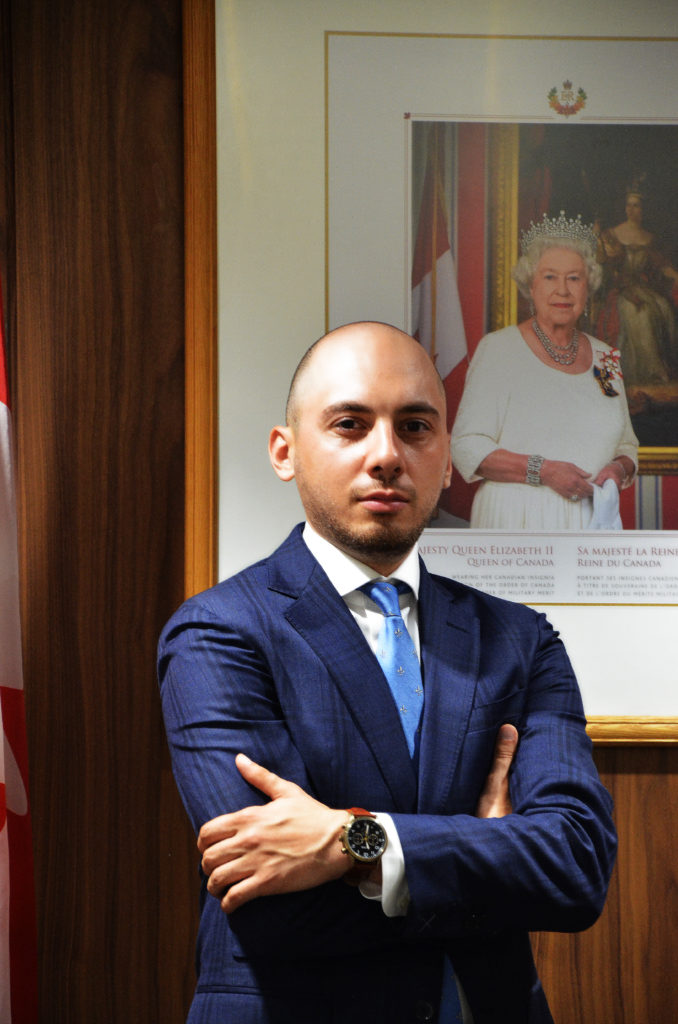Start Your PRRA Process Today!
Find out how you could obtain PRRA Pre Removal Risk Assessment approval to extend stay in Canada. PRRA allows you to stay in Canada when a person is out of status or has special conditions.
What is PRRA (Pre Removal Risk Assessment):
How Do I Apply for Pre-Removal Risk Assessment in Canada?
The Pre-Removal Risk Assessment (PRRA) is back-ended application for protection that enables Canada to meet its obligations under the Convention Against Torture (CAT). The CAT prohibits all refoulement (return) to a country where a person is at risk of torture or cruel or unusual treatment or punishment. By offering persons in Canada the opportunity to apply for such protection prior to being removed to their home country, Canada abides by CAT.
The unfortunate reality is that PRRA applications have a very low success rate: 2 to 4% country-wide. There are numerous reasons for this:
- you can only submit evidence that has arisen since your refugee claim, if you have had one; if you haven’t submitted a refugee claim, you can submit any evidence;
- you must show that the risk is personalized, that is, that you as a person are likely to suffer the risk;
- if you come from a country where large areas of the country are at risk due to civil war, famine or drought, you are precluded from making that argument in your PRRA;
- if you are claiming protection because your country is unable or unwilling to provide for your medical care, even life-sustaining medical treatment, you are again precluded from making that argument in your PRRA, unless you are being singled out by the government by discriminatory treatment.
Canada has both constitutional and international obligations that prevent you from being removed to a country where you could face danger or persecution. If you are facing removal from Canada, you may qualify for a Pre-Removal Risk Assessment (PRRA). If you are eligible, Canada B&N Immigration Consultancy and our Regulated Canadian Immigration Consultants (RCICs) will advocate on your behalf to help you remain in Canada.
Our experienced Canadian immigration and refugee RCICs are well-equipped to prepare your PRRA application. We will clearly and convincingly explain why you would be at risk if returned to your home country. A successful application could allow you to stay in Canada, either by recognizing you as a protected person or by suspending your removal order.
Who Cannot Apply for PRRA
You cannot apply for a PRRA if you:
- Made a refugee claim deemed ineligible for referral to the Immigration and Refugee Board because you arrived from a safe third country.
- Were recognized as a Convention refugee in another country to which you can return.
- Are already a protected person in Canada.
- Are subject to extradition, which involves a formal request for Canada to return you to another country due to suspected or convicted criminal activity.
PRRA Bar
Individuals who have received a final decision on their refugee claim from the Immigration and Refugee Board or who have undergone a PRRA in the past 12 months are not eligible for a PRRA, unless they qualify for an exemption (known as a PRRA-bar). A final decision includes applications that have been rejected, abandoned, or withdrawn.
For more information on how we can assist you with your Pre-Removal Risk Assessment, please contact our office to speak with one of our consultants.
İşleminizi Bugün Tamamlayarak Başlatın Online Değerlendirme Formu.

Immigration, Refugees and Citizenship Canada has a special policy in place during the coronavirus pandemic that allows international students to complete their Canadian program while living overseas and still be eligible to obtain a PGWP when they move to Canada. In order to benefit from this policy you must:
- enroll at a Canadian Designated Learning Institution. DLIs are colleges and universities that are accredited by the Canadian government to welcome international students.
- have started or will start a program between spring 2020 and summer 2022, or your program was already in progress in March 2020.
- have a study permit, OR approval for a study permit, OR apply for a study permit prior to starting your program and are eventually approved.
- meet all other PGWP criteria.
A PGWP is valid for anywhere between 8 months to 3 years. The actual length depends on the length of your program at a Canadian DLI. IRCC provides the following guidelines on its website:
- Completed program under 8 months: Not eligible for a PGWP
- Completed program between 8 months and less than 2 years: The PGWP will be valid for the same length of your study program (e.g., a 10-month program will result in a 10-month PGWP)
- Completed program of 2 years or more: PGWP will be valid for 3 years
- Completed more than one program: You may be able to combine your Canadian educational programs to get a PGWP as long as the programs are DLI eligible and each over 8 months in duration. The total length of the PGWP will correspond to the durations above.
The deadline to apply for the Post-Graduation Work Permit is within 180 days (six months) of obtaining a transcript and an official letter from the eligible DLI confirming that the requirements to complete the program of study have been met.
If the study permit is set to expire before the marks have come in, candidates have two options:
- apply for a visitor record to stay in Canada longer; or
- leave Canada and apply for the PGWP
When applying, applicants must demonstrate that they either hold a valid study permit, held a study permit, or were authorized to study in Canada without the requirement to obtain a study permit under paragraphs 188(1)(a) and (b) of the Immigration and Refugee Protection Regulations.
While program officers may request additional documents, two important documents required at the time of applying are a letter confirming the completion of the program of study and an official transcript by their DLI.






